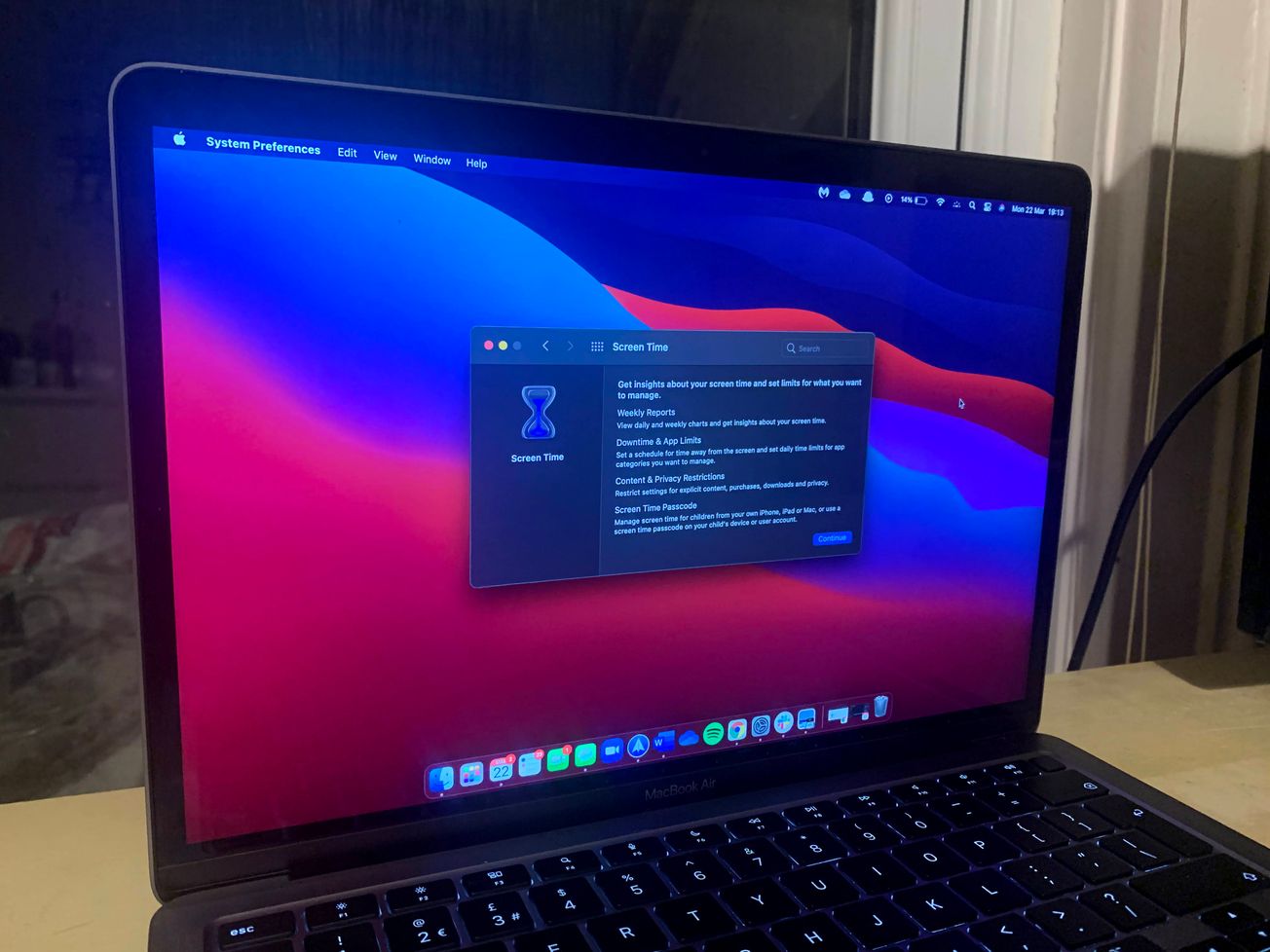By Theano Dimopoulou, Second Year, Psychology in Education
Amongst the many challenges and struggles that have begun to face as a result of the pandemic, one that has been particularly challenging has been the rise of the phenomenon of ‘online fatigue’.
Coined as ‘online fatigue’ by some, and ‘Zoom fatigue’ by others, both terms signify the exhaustion that those working from home and students learning remotely are beginning to experience, after a year of working, researching, and partying by video call.
With the increased use of social media, Zoom, Teams, Word, Excel and Blackboard Collaborate, online fatigue appears to be inevitable. There are countless reasons why this adversely affects students in universities.
Online work and video calls have dramatically reduced our mobility. Little to no change in environment and minimal physical movement while working will eventually have physical and psychological effects on anyone.
The university workload combined with extracurricular activities can be overwhelming at the best of times, but when it is all being done virtually, people are finding they need to take the extra step to ensure they are staying active in some capacity.
Procrastination is also beginning to be a huge obstacle for students who are becoming used to being in an environment with minimal change. Staying at home all day and having no need to get ready because you cannot even go to class inevitably takes its toll on your motivation.
The university workload combined with extracurricular activities can be overwhelming
If the minute you wake up, you know you won’t leave your house it’s more than likely you will postpone or completely ignore your assignments. All these postponed assignments will eventually pile up and add on to the exhaustion.
This cycle is one of the reasons a lot of university students feel less motivated to do anything related to work or university.
Another component of the ‘online fatigue’ that students are experiencing comes from the prolonged and uninterrupted time spent in front of screens. I think it is safe to say we've all been told to not stare a screen all the time because it will affect our eyesight and our eyes will start hurting.
Students find themselves looking at a laptop, a phone or a tablet for almost the entire day
But is this still true now that the only way to communicate with our university, our friends and our professors is through a screen? Students find themselves looking at a laptop, a phone or a tablet for almost the entire day. And, most of this is unavoidable.
You need to talk with your classmates for that collaborative presentation, send emails to your professors, or scroll though social media to take a break.
Because of the virtual classes we are all attending, many are also beginning to notice the challenges of deciphering nonverbal cues, which only adds to the stress brought on by video chats.
Is technology causing our attention-span to shrink?
Opinion | The pandemic's impact on students may still be yet to come
In face-to-face conversations, the body language, tone of voice, movement and facial expressions allow people to better understand the speaker and better comprehend the message or meaning behind their words. In online lectures or talks individuals have to work far harder to interpret those queues, thus adding on the pre-existing cognitive load.
For most students, long periods of lectures and seminars are already very tiring and paying attention to the lecturers’ non-verbal cues as well as the presentation, and possibly trying to take notes, can get overwhelming very quickly.
These are only some of the reasons why online or Zoom fatigue is a very real thing that is starting to affect students. Universities should therefore pay more attention to the impact of these new challenges on the the mental and psychical well-being of students. Doing so will eventually improve students’ productivity and allow them to improve their skills and capabilities, instead of trying to work completely burnt out.
Featured Image: Epigram / Jack Crockford
Are you suffering from online fatigue? Let us know!









